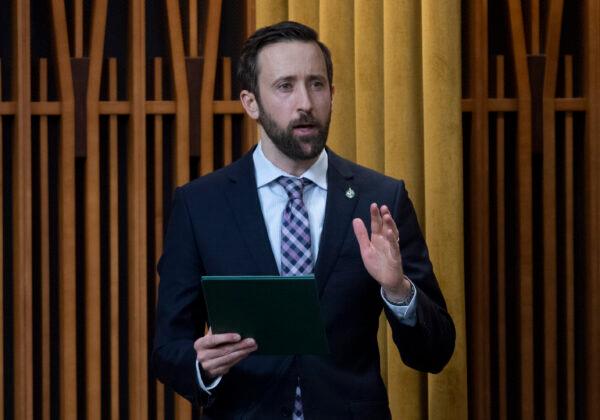A controversial bill that has been shelved by the New Brunswick government was cause for legitimate concern due to the excessive state power it would facilitate, according to constitutional experts.
“Bill 49 furnished cabinet with legislating power to change, repeal, or make new laws and to do so without the necessary oversight that the legislature provides,” James Kitchen, a lawyer at the Justice Centre for Constitutional Freedoms, said in an interview.





